The Importance of Discussion, Support, and Acceptance of Mental Health Struggles
This is Kyla's Story
Ever since I was in grade 1, I knew that I was different from the other kids in my class. I was the ultimate people pleaser, trying to be loved by all students, parents, and teachers. I would spend my free time reflecting on the day I had, worried that I may have done something that offended or upset someone, and become insanely upset for the rest of the day, feeling like a failure. I also knew that this reflecting and obsession with pleasing everyone was not something typical of kids my age, making me feel even more strange.
The anxiety I experienced soon crept into all aspects of my life, from my relationships to my schoolwork, and made me doubt who I was as a person. This led to feelings of immense sadness and hopelessness, as well as fear of going to school. I immersed myself in extracurricular activities so I could avoid the other kids at recess, since it didn’t take long for them to realize that I was different from the rest of them. This endless cycle of anxiety, avoidance, and depression soon took over me, and in the 7th grade, I told my parents that something was wrong. “This isn’t normal”, I said. “I need to see a doctor”, I said. But they said everything was fine. I was going through puberty; my hormones were probably just out of whack. My body and mind are changing, but I am fine. They went to the pharmacy and got me Midol, saying that this should help with my hormones and make it all go away. But it did nothing.
Now I felt even worse. I reached out, I tried to talk to an adult, but I was shaken off and my feelings were dismissed. This happened with almost everyone I talked to, including my friends. This made me feel crazy. The pill that my parents claimed would fix it all did nothing. This made me feel hopeless. The symptoms of depression and anxiety got worse, leading to panic attacks, a lack of appetite, and a lack of energy. I struggled in silence for an additional 2 years, until I broke and had a severe mental health episode that landed me in the hospital. I stayed there for 3 days, where psychiatrists ran many assessments on me and diagnosed me with Major Depressive Disorder, Social Anxiety Disorder, Obsessive Compulsive Disorder, and General Anxiety Disorder. The doctors put me on medication, and my parents finally started taking me seriously – although they emphasized the importance of keeping my diagnosis quiet. They told me that the fewer people that knew the better, or else I would be ostracised and judged, and it may cost me eventual education and job opportunities.
The medication helped, but I still didn’t have what I needed to completely overcome my depression and anxiety. I didn’t have social support, and I still felt like an outcast among people since my parents emphasized the negative social consequences of talking about my problems. The same patterns continued throughout high school, where I had several relapses that resulted in no help other than my medication dosage being increased. I tried to seek out new experiences and outlets to help me cope with my mental illness, but this resulted in me getting involved with toxic friend groups, an abusive relationship, and being sexually assaulted.
Then my life changed. I know it is a cliché to say that one person changed my life, but for someone dealing with a mental health struggle, it really is true: one person changed my life. 5 years ago, I met my boyfriend who accepted me with open arms. I told him everything, and he saw me on my worst days. He helped me with every mental health episode I had, every panic attack, and every day where I had trouble getting out of bed. I could not believe the impact of having unconditional love and support.

For the first time since my struggle with depression and anxiety began, I felt accepted and like I wasn’t crazy. Talking to him was like therapy – he helped me come up with action plans on how to cope, helping me tackle the root of all of my problems. He helped me unlearn so many of the toxic habits that hurtful relationships instilled in me. He helped me in explaining the cause of every episode or symptom I had, giving me a reason for why each problem was occurring. It made me realize that everything I was feeling was, in fact, normal. I wasn’t weird. In fact, after everything I have been through, I was strong. My experiences and lack of discussion and support for years have harmed me, but with his help, I am learning how to accept my situation and cope. I am creating new habits for myself, and now, I can easily cope with so many of the things that once triggered a mental health episode. I still have some more habits to unlearn, and additional new skills to master, but I am making progress and realizing my strengths. Mental illness does not need to result in hopelessness. No matter how difficult your struggles are, and no matter how long you have been struggling, there is a way to overcome it. It is never too late to get help, and if there is one thing that I want you to take away from my story, it’s that all it takes is one person to help you change your life. This could be a family member, co-worker, friend, partner, or therapist. Getting that validation and coming up with an action plan with your support person is an excellent step in learning how to accept and manage your mental health. Once you accept your experiences and any resulting consequences of them, you can learn how to overcome them and create new habits.

I know that this is much easier said than done, and that there are many other people who may not have that support person to get them started on their journey. I also know that early interventions for support are best, since it teaches kids healthy ways of coping that may help combat future problems and set them up for resiliency at a young age. I know that if I had support as a child, it would have saved me a lot of pain and struggles later on. This has led to me getting involved in the community to help kids who may be struggling with mental illness. I have planned and delivered workshops on mental health to youth in the Greater Toronto Area to help them learn tools to combat stress and anxiety, and have led discussions with them about mental health to help combat stigma, provide them with support, and reduce feelings of isolation. Now, I am involved with Cam’s Kids to reach out to even more individuals, and hopefully prevent some of them from experiencing the same struggles as I did. Through discussions, education, support, and acceptance, I hope to share what I have learned with other individuals struggling with depression, anxiety, and other mental illnesses, and provide them with hope that they can overcome any battle that comes their way. I want everyone to know that their experiences, feelings, and mental health problems are normal, and that they should be talked about, since that is how you learn to cope. All it takes is one person to provide inspiration and support – my boyfriend was that person for me, and I hope to be that person for someone else in need.

Don't see what you're looking for? Send us an email!
©Copyright 2024 Cam’s Kids powered by Kids Help Phone
Not-for-Profit Organization. B/N: 921508-5
Thanks for visiting Cam's Kids. Please remember...
Cam's Kids is not a service provider.
If you are in crisis, please call 911 or go to your nearest emergency department. For free, confidential counselling, contact Good2Talk or Kids Help Phone.
Post-secondary students: find your local crisis resource here.





